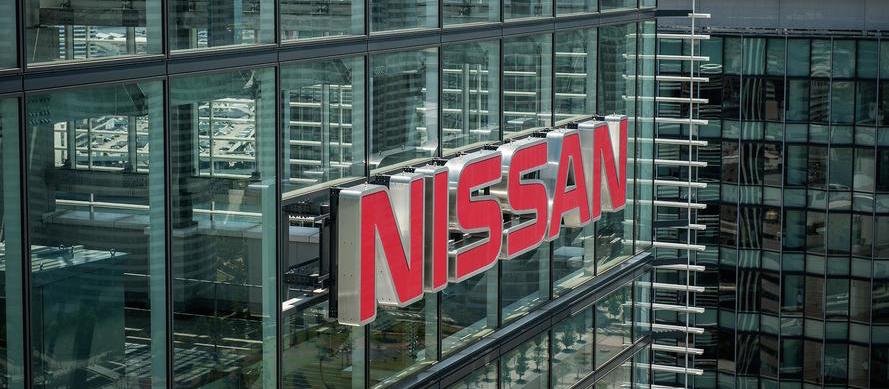According to Nikkei Asia, Nissan is contemplating the sale of its global headquarters located in Yokohama, Japan. The publication has claimed that the company has listed the HQ's building on a list of assets for sale by March 2026. This decision is reportedly part of the plan to address Nissan's financial challenges, particularly with the costs connected to the closures of some of its global plants.
The Yokohama headquarters, situated near the bustling Yokohama Station in Kanagawa Prefecture, has been a central hub for Nissan since its relocation from Tokyo in 2009. Apart from being central to its operations, the building features a public gallery showcasing Nissan vehicles, old and new, as well as a boutique for all things Nissan. It is estimated to be worth over 100 billion yen (approximately $700 million).
According to Reuters, Nissan is considering a "sale and leaseback" approach, wherein the company would sell the property but continue its operations there under a lease agreement. This strategy would allow Nissan to unlock capital tied up in real estate while maintaining its operational base. With a target to save 500 billion yen ($3.4 billion) by fiscal year 2026, every dollar saved should go a long way. As of date, Nissan hasn't released an official statement concerning the Nikkei Asia report.
As a means of hitting that goal, Nissan is also reducing its global production capacity by 20 percent, targeting a decrease from 5 million units to 4 million units by fiscal year 2026. The automaker is also targeting to lay off 20,000 employees globally, representing 15 percent of its workforce. The layoffs will happen in a gradual manner through the end of fiscal year 2027.
Another cost-saving measure would be the optimization of Nissan's production capacity, which means seven of its 17 global plants are bound to close, with their operations to be consolidated with other plants. Nissan has confirmed that the CIVAC plant in Mexico will carry on as the single manufacturing hub for the Frontier and Navara for Latin America, putting doubts on the future of the Sentra sedan imported into North America.
Related News



